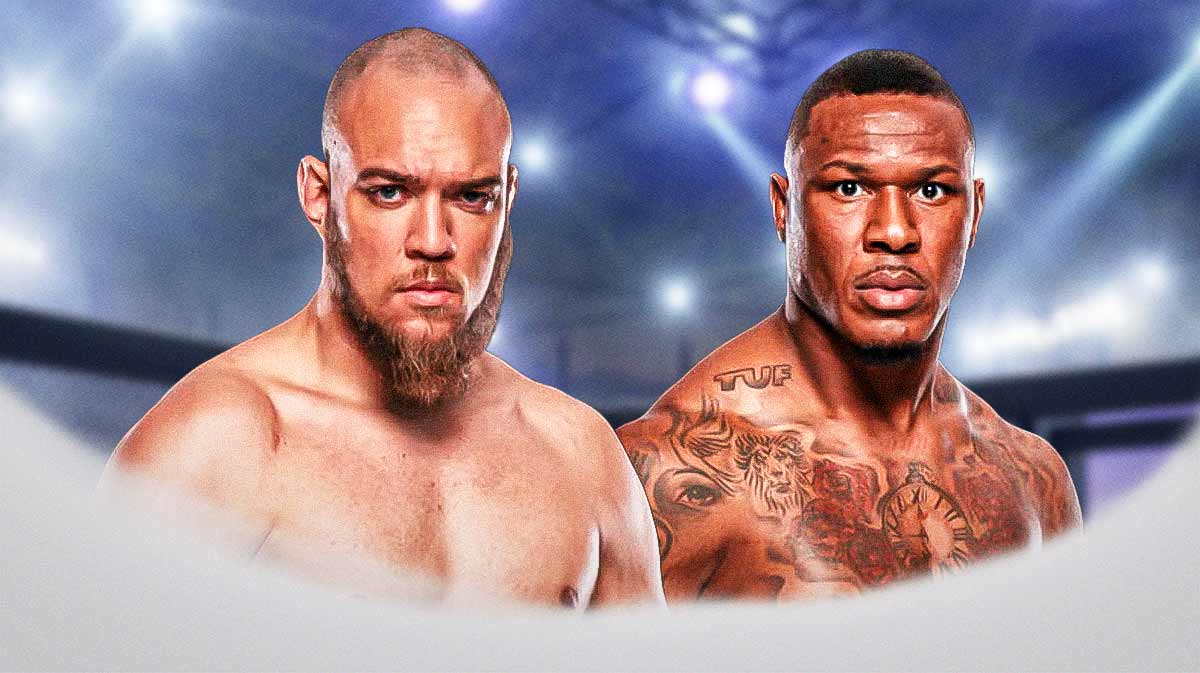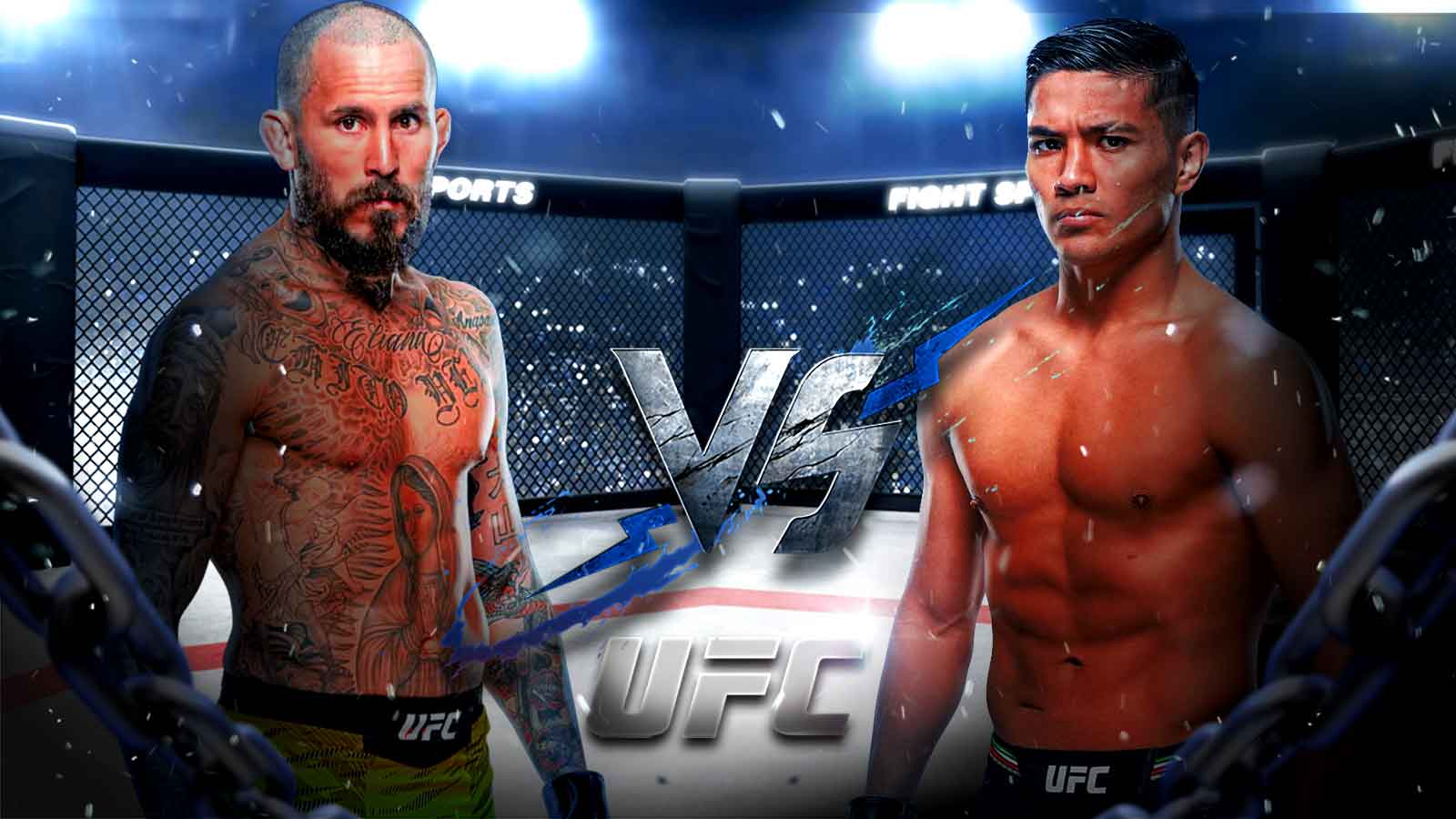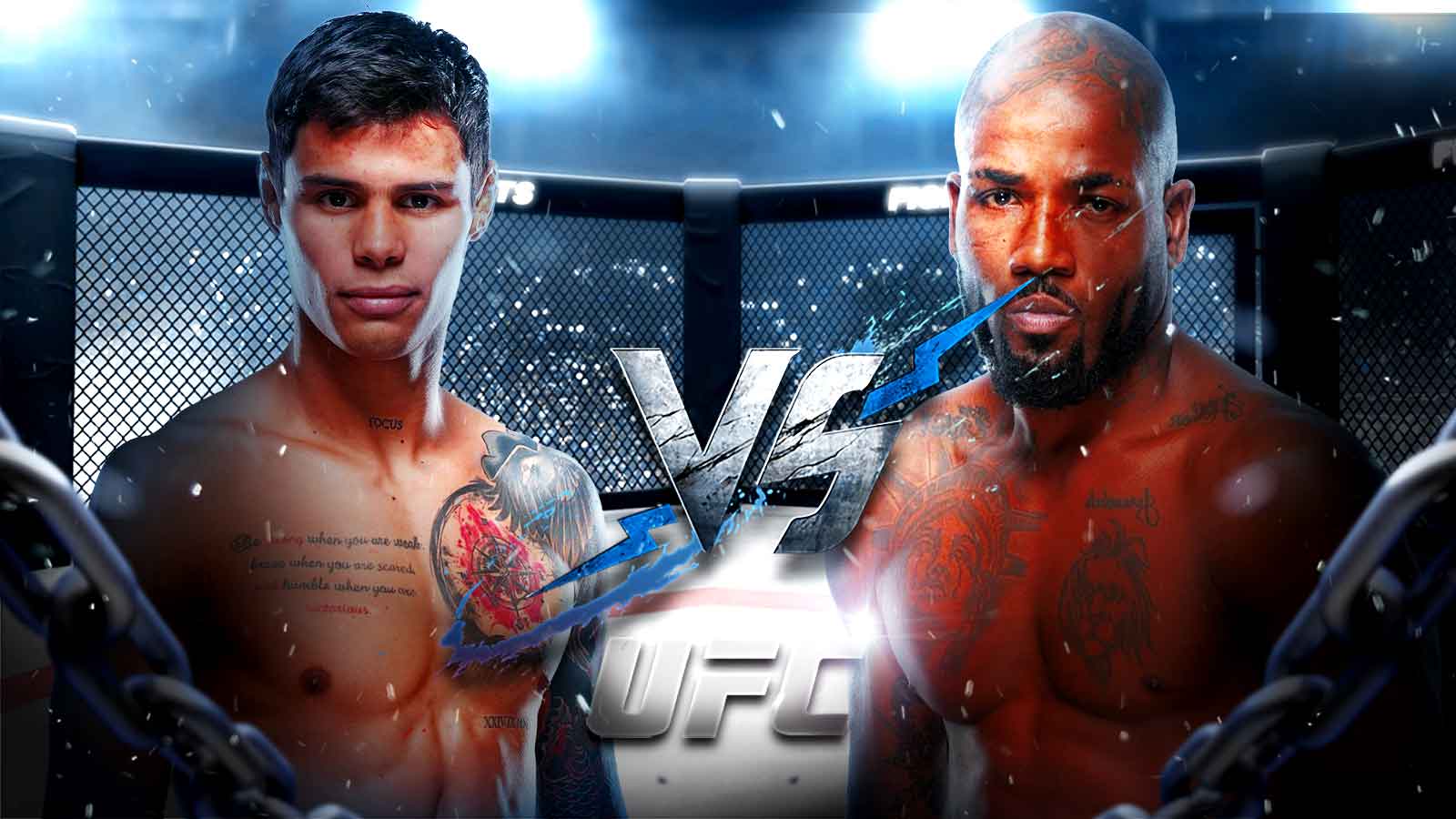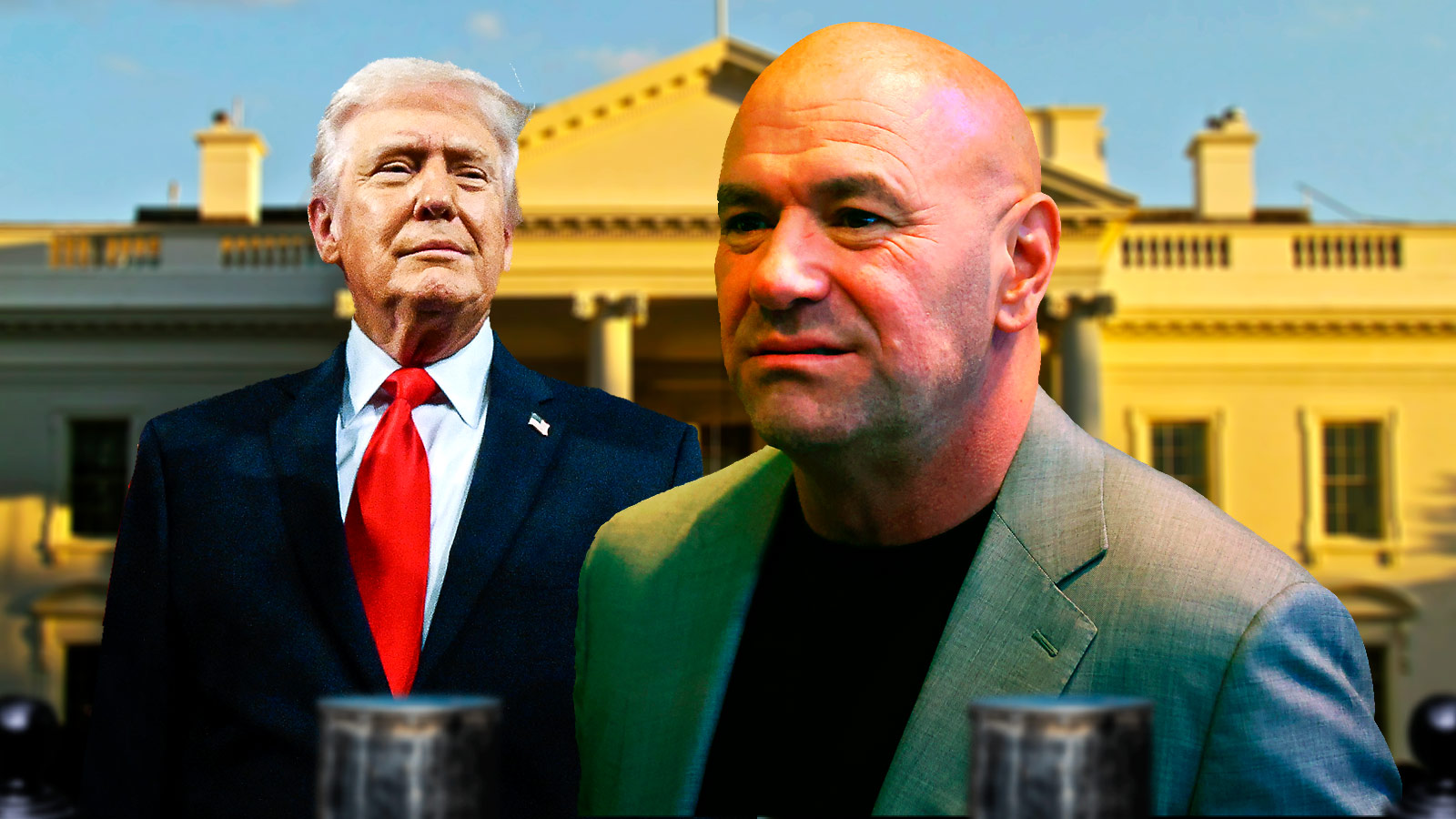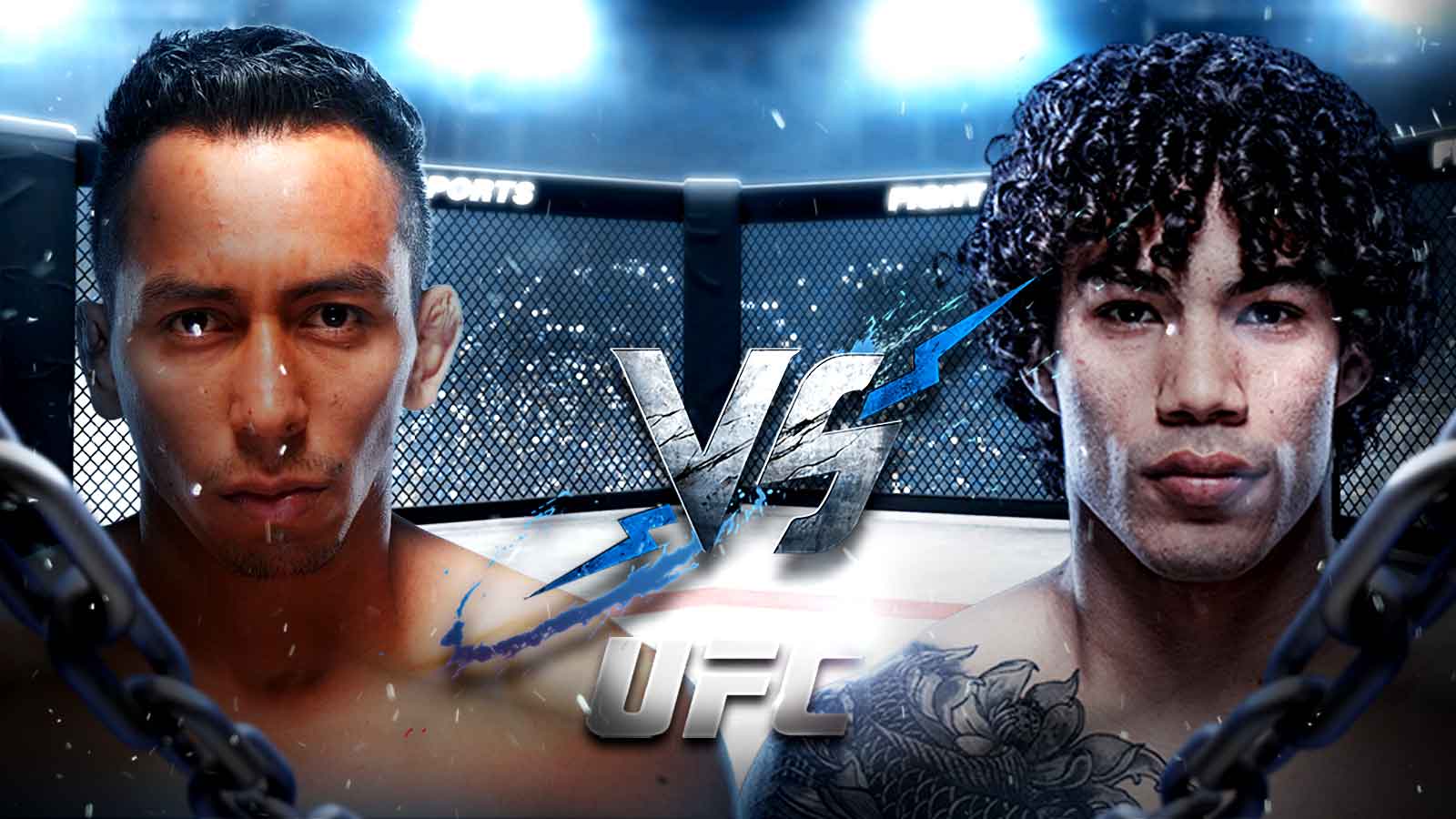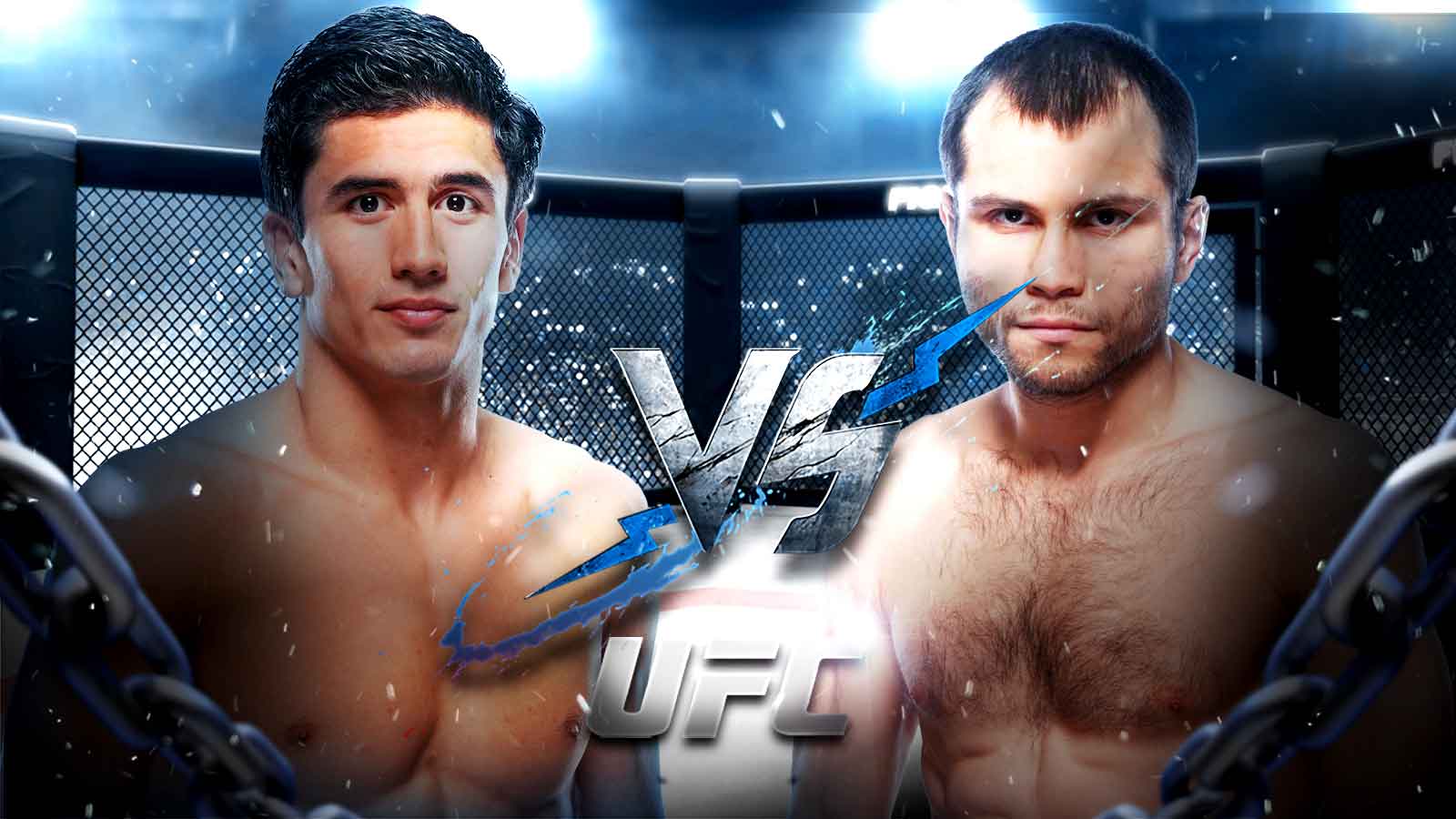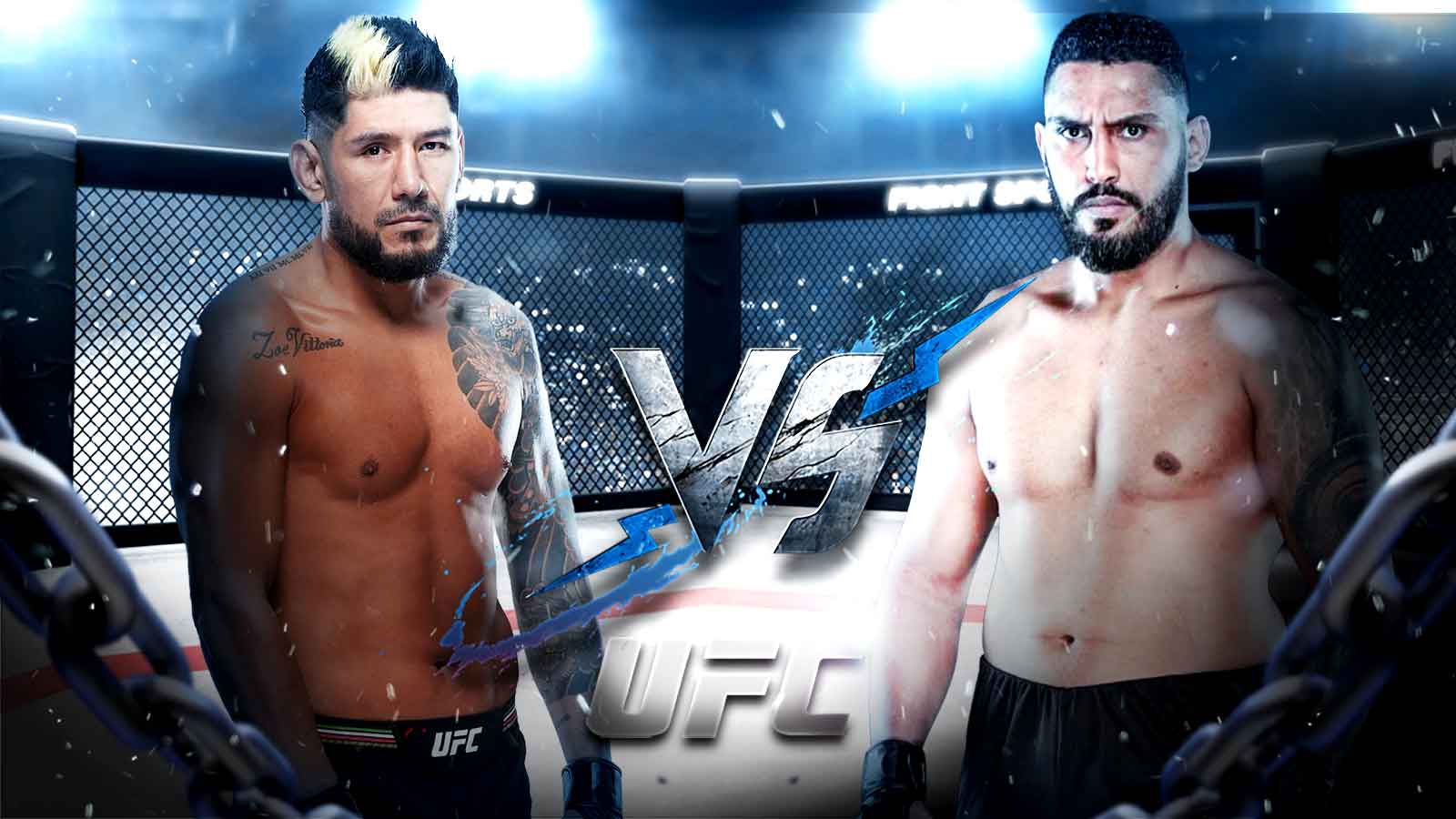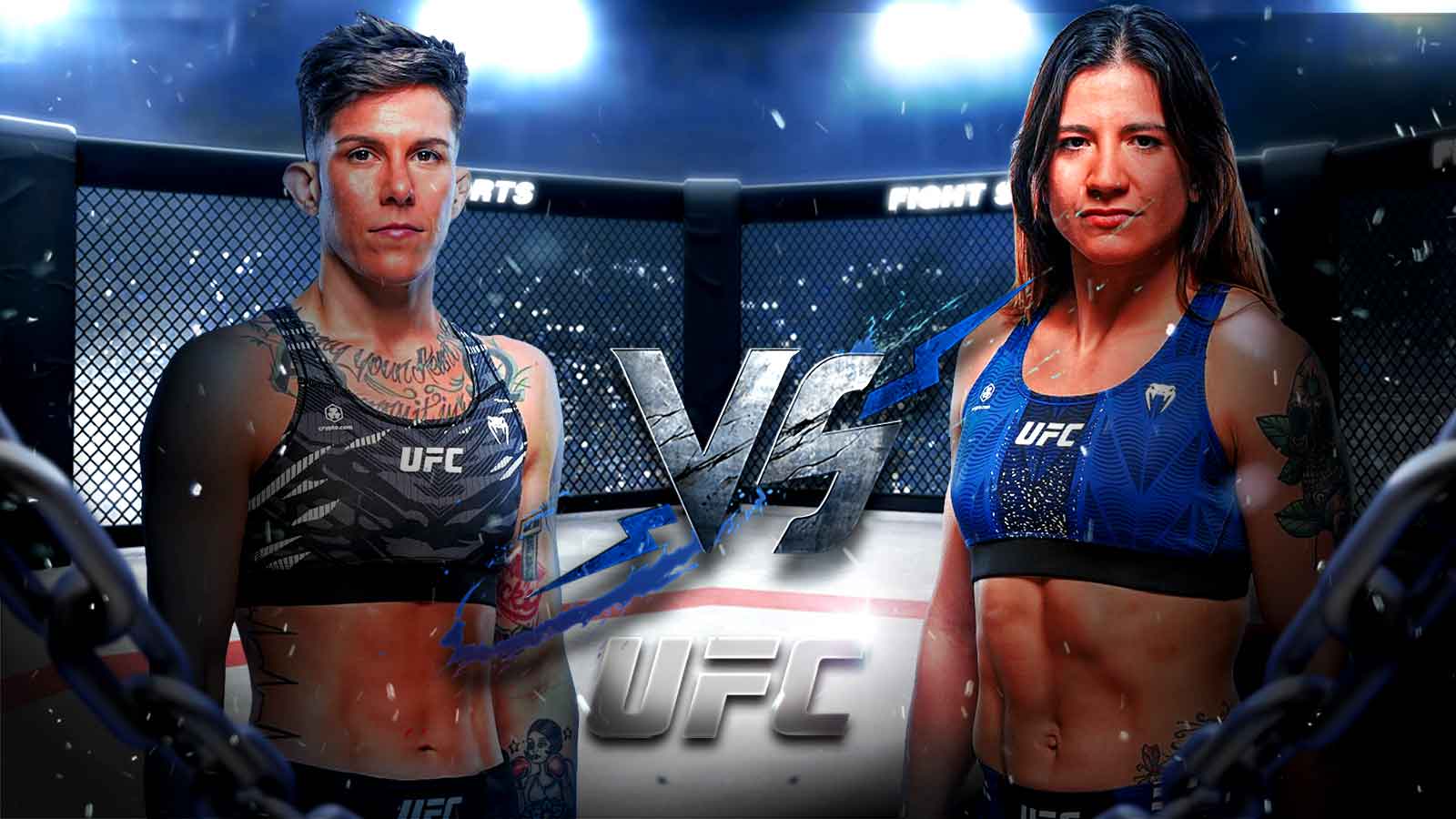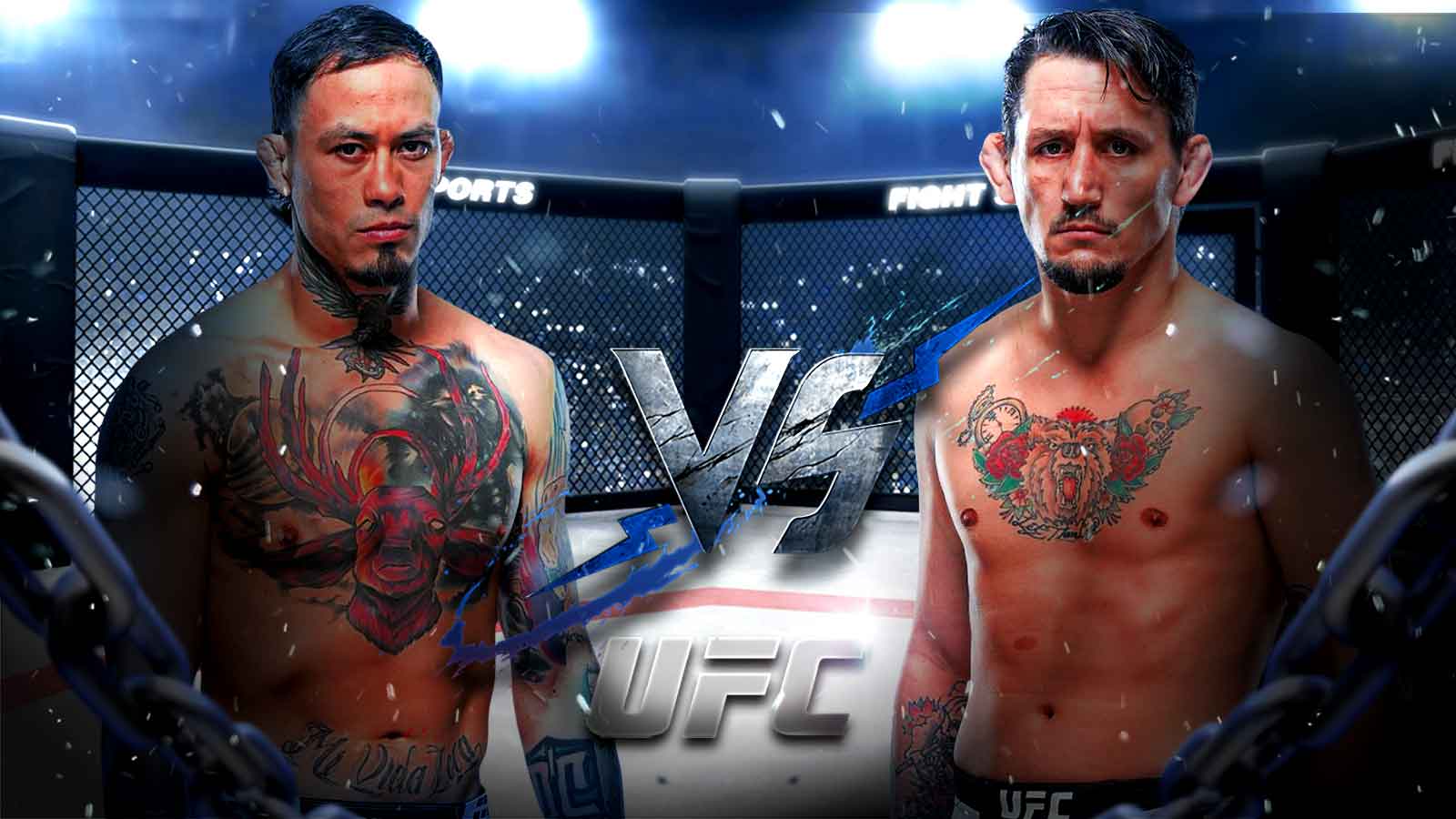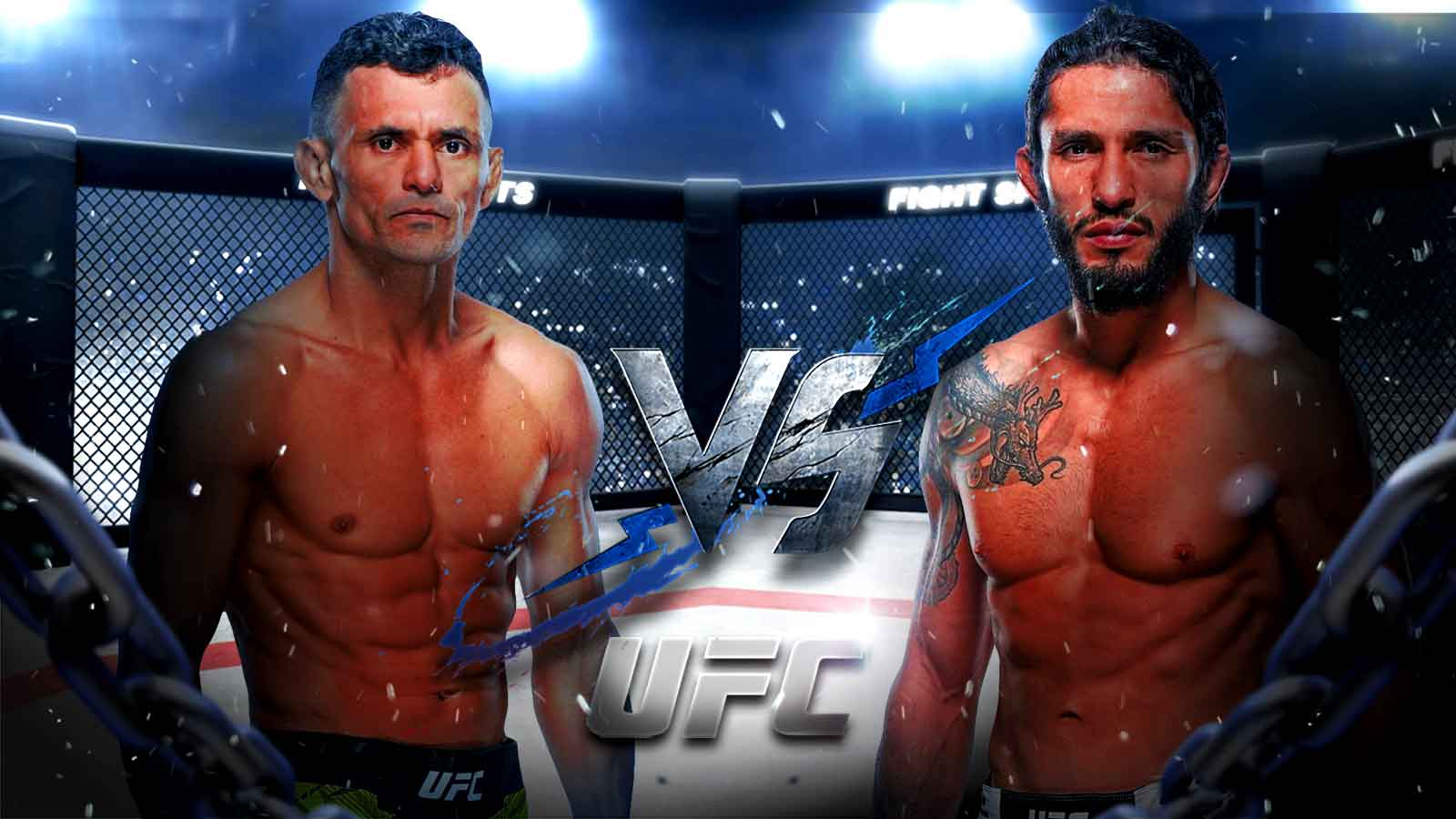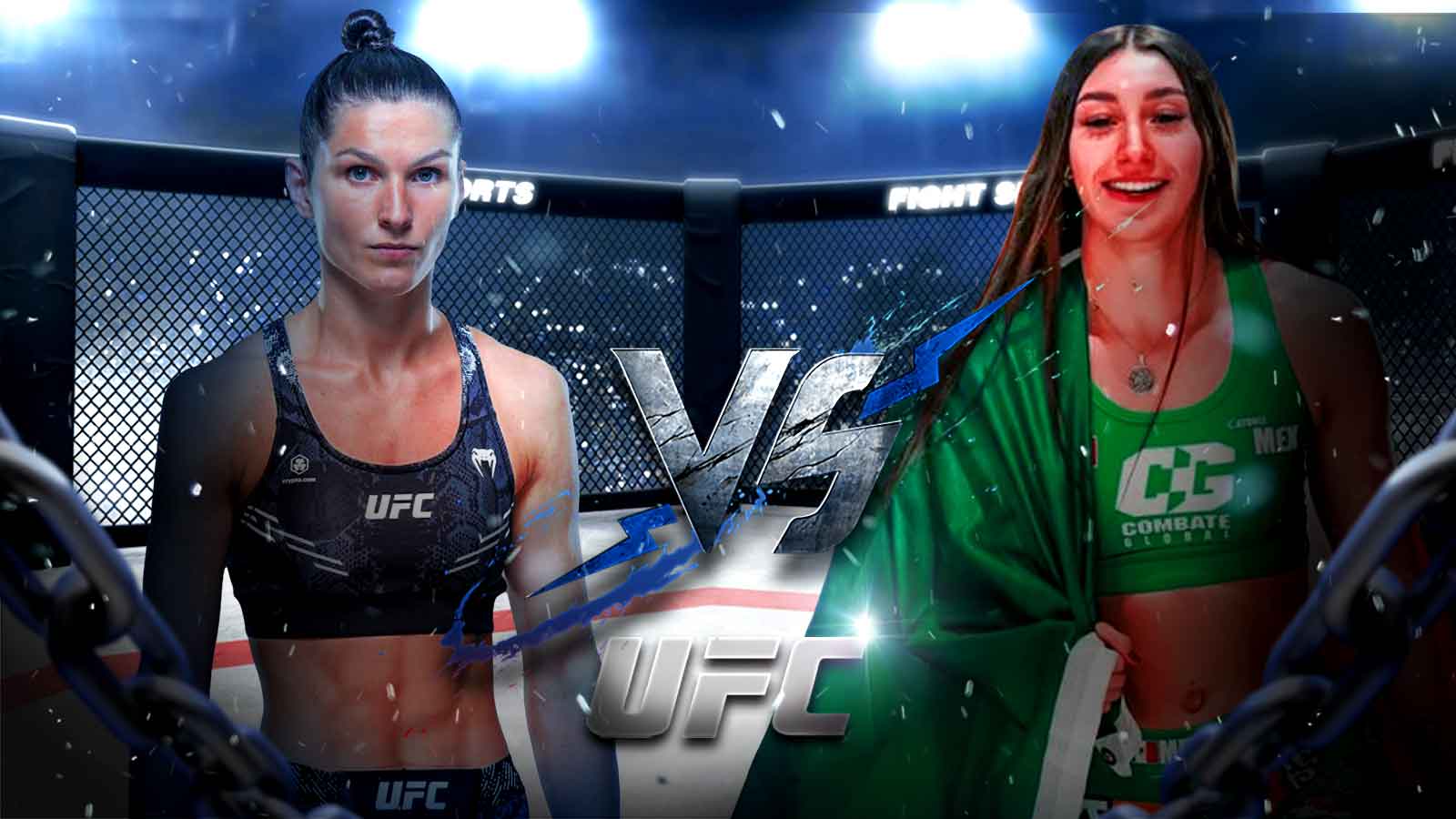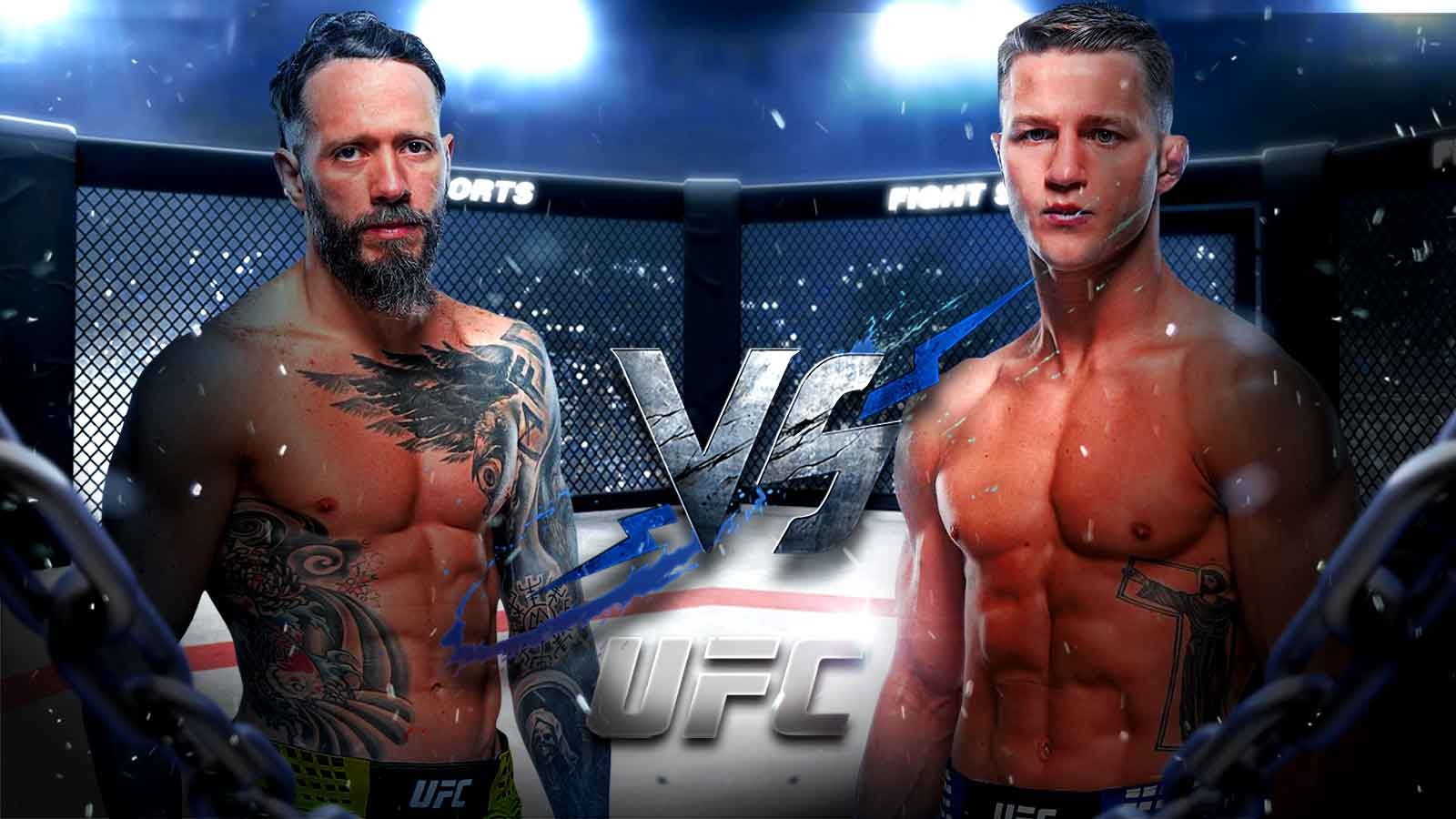When the UFC touches down in Brazil, there’s always electricity in the air. The promotion has built a long history with Rio de Janeiro as one of its premier international destinations, and on October 11th, Brazilian fans will once again get the chance to showcase their passion on the sport’s biggest stage. This time, the Octagon heads to UFC Rio with a lineup already stacked with talent, but one particular heavyweight matchup has fight fans buzzing: Valter Walker versus Mohammed Usman.
Valter Walker will fight Mohammed Usman at #UFCRio on October 11th. (first rep. @higorciconello) #UFC #MMA #UFCESPN #UFC2025 pic.twitter.com/FH97YDhEbF
— Marcel Dorff 🇳🇱🇮🇩 (@BigMarcel24) August 28, 2025
It’s a strikingly appropriate bout for Rio, matching Brazil’s latest heavyweight prospect against a dangerous contender with championship lineage. Both men bring contrasting styles, compelling narratives, and a lot to prove. In many ways, their collision reflects the UFC’s long history of building the division through international talent.
A Battle of Next-Gen Heavyweights
Valter Walker is not a household name yet to casual fans, but in Brazil and among hardcore observers, he’s viewed as one of the heavier division’s most promising new forces. The younger brother of current UFC light heavyweight contender Johnny Walker, Valter carries not only the family name but also many of the same dynamic traits that made his sibling a fan favorite. Tall, athletic, and surprisingly agile for a man in the 265-pound division, he’s already shown flashes of knockout power and unorthodox striking but it's his heel-hook submission game that has been taking over the heavyweight division.
Oh my god
Valter Walker sits to 5050 and rips Nzechukwu's knee apart with an inside heel hook pic.twitter.com/HYbPfULBfW
— William – Open Note Grappling 📝 (@OpenNoteGrapple) July 13, 2025
Walker’s rise has mirrored the pathway of many Brazilian heavyweights before him—emerging first on the local circuit, then stepping up to the international stage with a mixture of confidence and unpredictability. What sets him apart, however, is his youth. At just 26 years old, he’s entering a division historically dominated by veterans well into their 30s. This means time, ceiling, and development are on his side in a weight class that often lacks long-term prospects.
Across from him on October 11th will stand Mohammed Usman, a fighter whose name recognition precedes him, thanks to his last name. The younger brother of former UFC welterweight champion Kamaru Usman, Mohammed has been determined to carve out his own identity inside the Octagon. Winning The Ultimate Fighter 30 gave him tangible proof that his skill set was UFC caliber, but consistency has been a challenge. Known for his raw power and resilience, Usman is the kind of heavyweight who can end a fight in seconds if an opponent makes a single error.
What makes this matchup captivating is the clash of approaches. Walker thrives on being unpredictable, throwing leg lock attempts from various angles and leveraging athleticism rare for a heavyweight. Usman, on the other hand, is built on explosiveness, durability, and fundamentals honed through grind-heavy training. It’s Brazil’s flashy new prospect against America’s grit-fueled brawler. And given the stakes—a chance to climb into the top 15 discussion—neither man can afford a misstep.
Official UFC Rio Lineup
Every UFC Brazil event carries an extra layer of spectacle, and UFC Rio is shaping up to be no different. With former lightweight champion Charles Oliveira vs. Rafael Fiziev headlining, the card itself is loaded across divisions with a balance of established contenders and homegrown stars.
Here’s the official UFC Rio fight card as it currently stands:
Main card (Start time 9 p.m. ET, ESPN+)
- Charles Oliveira vs. Rafael Fiziev
- Vitor Petrino vs. Thomas Petersen
- Julia Polastri vs. Karolina Kowalkiewicz
- Vicente Luque vs. Santiago Ponzinibbio
- Deiveso Figueiredo vs. Montel Jackson
- Gabriel Bonfim vs. Randy Brown
Prelims (Start time 6 p.m. ET, ESPN+)
- Valter Walker vs. Mohammad Usman
- Lucas Rocha vs. Stewart Nicoll
- Jhonata Diniz vs. Mario Pinto
- Irina Alekseeva vs. Beatriz Mesquita
- Jafel Filho vs. Clayton Carpenter
- Lucas Almeida vs. Michael Aswell
- Ricardo Ramos vs. Kaan Ofli
The bout between Walker and Usman isn’t just another addition to a Brazilian event; it represents the UFC’s ongoing investment in cultivating new stars within the heavyweight division. For too long, critics have questioned the lack of depth among big men compared to divisions like lightweight or welterweight. By showcasing two developing talents on a major stage, the UFC is not only testing their readiness but also planting seeds for the division’s future.
For Walker, a win would validate his status as Brazil’s next heavyweight hope, placing him in a division where the most marketable fighters are rare and the path to stardom can be rapid. For Usman, a victory would quiet critics who view his career through the lens of his brother’s success. It would also demonstrate his ability to adapt, improve, and thrive under pressure.
The fight will unfold in Rio, but its implications stretch far beyond that night. Whether it launches a career, reshuffles the rankings, or sets up bigger opportunities, Walker vs. Usman is exactly the type of matchup that makes international UFC events unforgettable.

